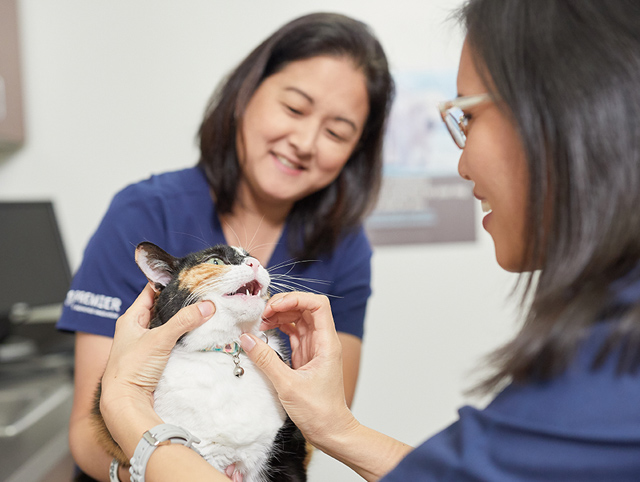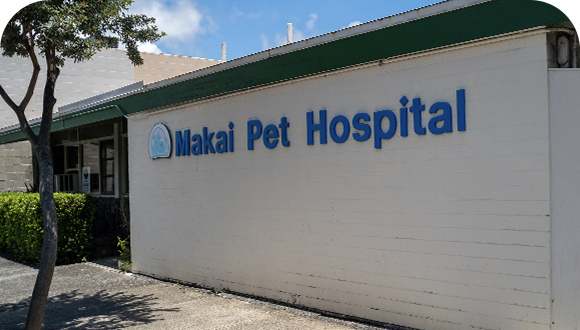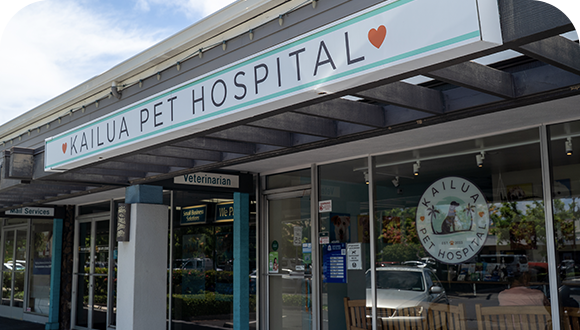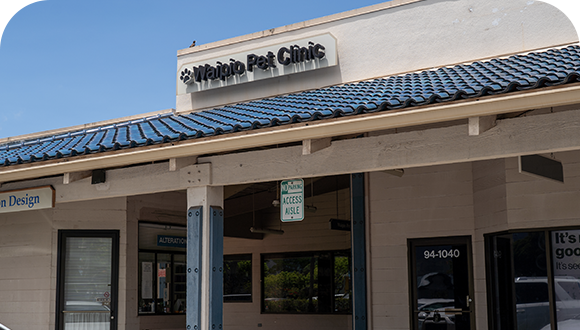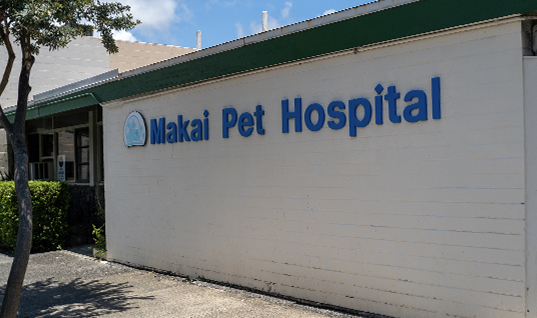November is Pet Cancer Awareness Month. You can take this time to educate yourself on the symptoms and treatments for the most common types of cancer found in pets. Cancer can come from different factors, both environmental and genetic, and the more you know, the more opportunity you have to take preventative measures to protect your pets.
Common Types of Cancer in Dogs
One of the most common forms of canine cancer is lymphoma/lymphosarcoma. In fact, it is so common that November 7 is celebrated as National Canine Lymphoma Awareness Day. There are more than 30 types of this cancer, typically found in the spleen, liver, and bone marrow. Symptoms include swollen lymph nodes, loss of appetite, lethargy, weight loss, and weakness. Once diagnosed, most veterinarians will recommend chemotherapy for treatment.
Melanoma is a type of cancer found on the skin, typically in or around the mouth or on the feet. It is usually a visible dark-pigmented spot and is frequently benign. Malignant melanomas are very serious and tend to spread very quickly. Chemotherapy is the most common treatment.
Mast cell tumors, like melanoma, also occur on or just under the skin. They can be found in the throat, eyes, and spine as well as the mouth. These can be difficult to remove, but the survival rate is high if this cancer is detected early and fully removed.
Osteosarcoma is a painful form of bone cancer that is typically found in the larger bones. It is more commonly found in bigger breeds, including German shepherds, Rottweilers, Dobermans, Boxers, Weimaraners, and Irish wolfhounds. Chemotherapy is the most common treatment.
Common Types of Cancer in Cats
Like dogs, lymphoma is common in cats as well. There are several forms, and cats sometimes have multiple occurrences at once. The most common placement is in the digestive tract, including the intestines, liver, and stomach. Cats generally handle chemotherapy well, and although their fur might change, they do not lose it.
Mammary tumors, or breast cancer, are most commonly malignant and will have to be removed surgically. If caught too late, the tumors will usually spread to other parts of the body, such as the lungs and lymph nodes. Early diagnosis and treatment is crucial for this type of cancer.
Fibrosarcoma is a type that affects soft tissue. It is aggressive, but it spreads slowly. It is usually detected as a mass on the skin that doesn't appear to cause pain. The best treatment is surgery.
Squamous cell carcinoma is an oral tumor that usually presents as a dental issue. Signs include bleeding, bad smell, drooling, and trouble eating. The best treatment is surgery to remove the tumor but the option is only possible in 10 percent of cases. Chemotherapy and radiation are also available.
What You Can Do
There are a few ways you can celebrate National Pet Awareness Month, and most of them are preventative. Be mindful of where your pet food is sourced and how it is prepared. For example, many of the popular dog foods are full of grains, which can contain cancer-causing toxins. Do your research and talk to your veterinarian about what foods are best for your pet.
Talk to your veterinarian, especially if you see any signs in your pet. Take advantage of preventive care. For example, Pet Hospitals of Hawaii offers wellness exams and pet ultrasonography to screen for problems. They even have pet dermatology services where you could catch melanomas or mast cell tumors that might have gone noticed.
Finally, spread awareness. Use your social media to talk about what you've learned and how you have adjusted your parenting habits. Your participation in National Pet Awareness Month could save the life of a beloved family member.
To get your pet in for a wellness exam, contact Pet Hospitals of Hawaii.


